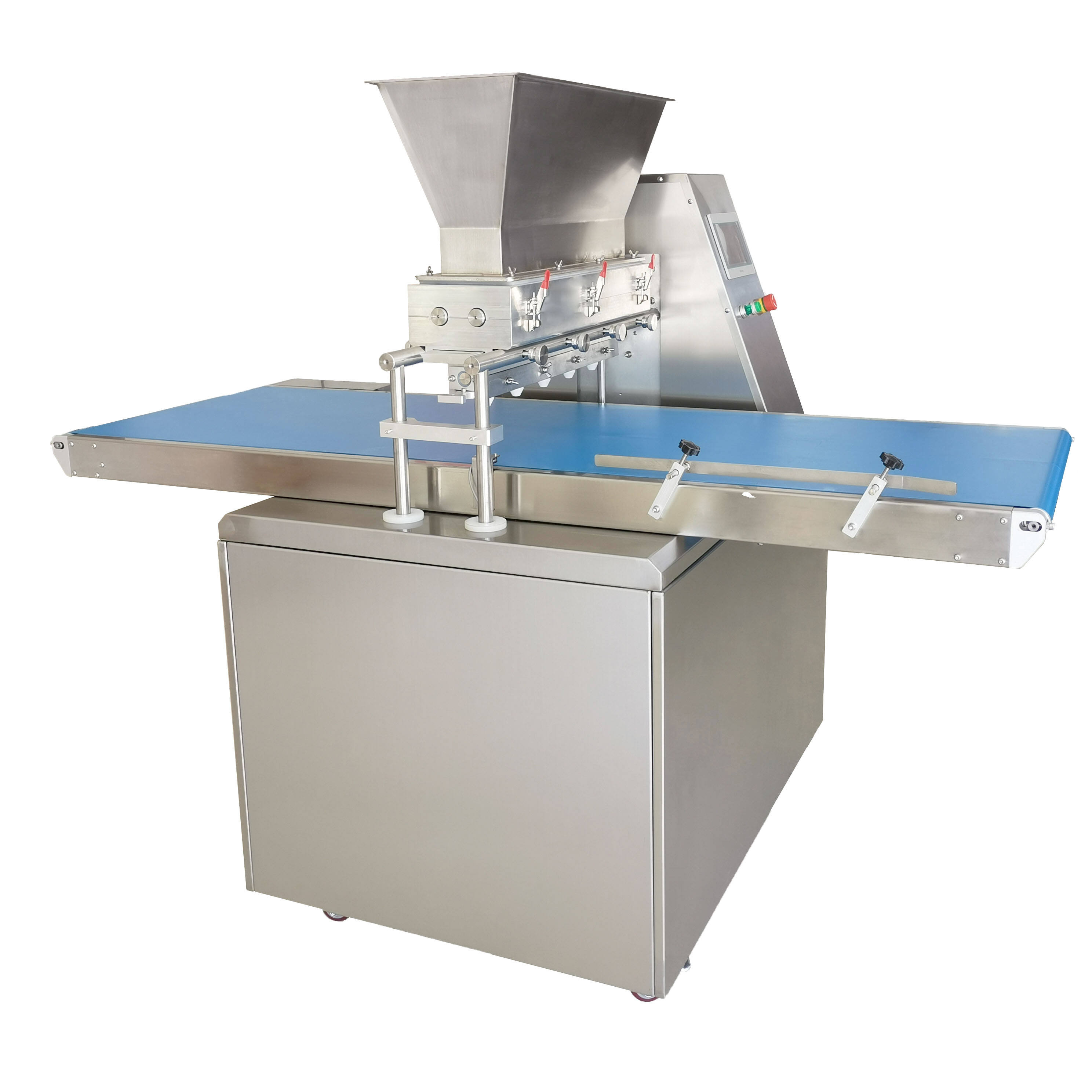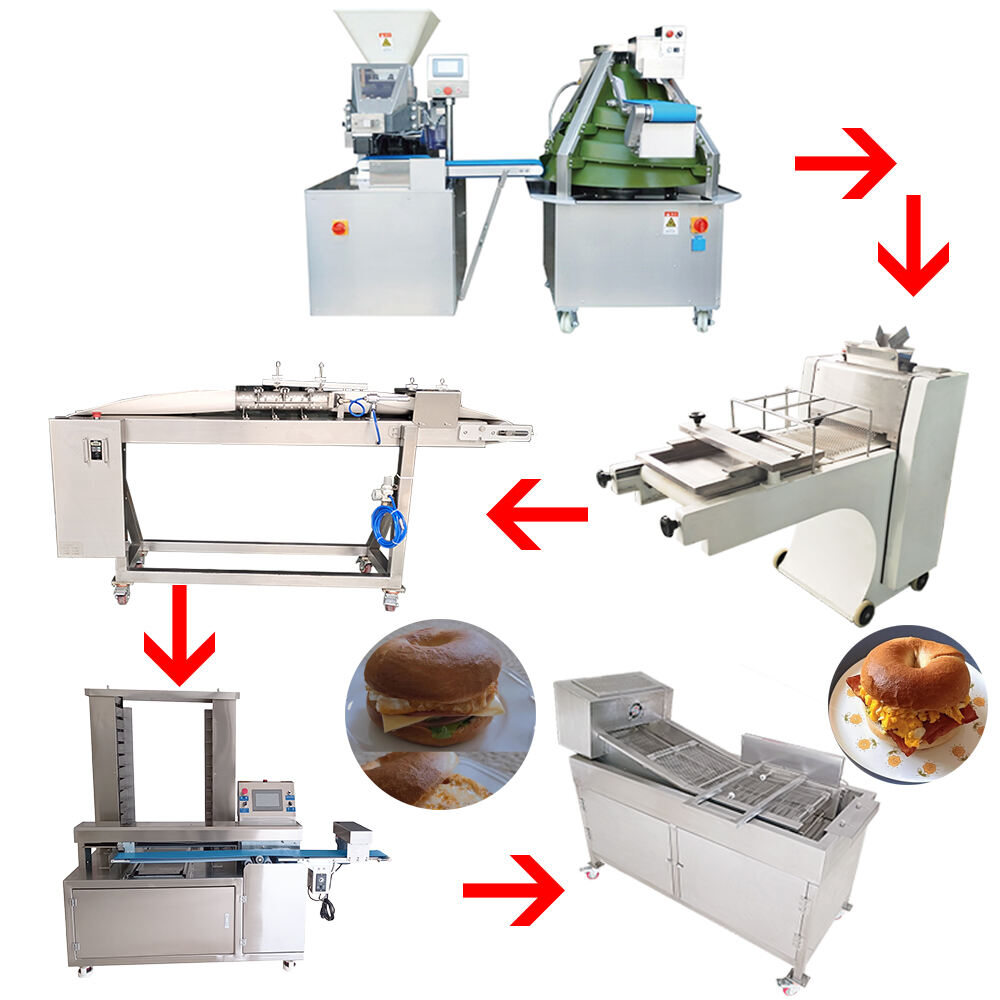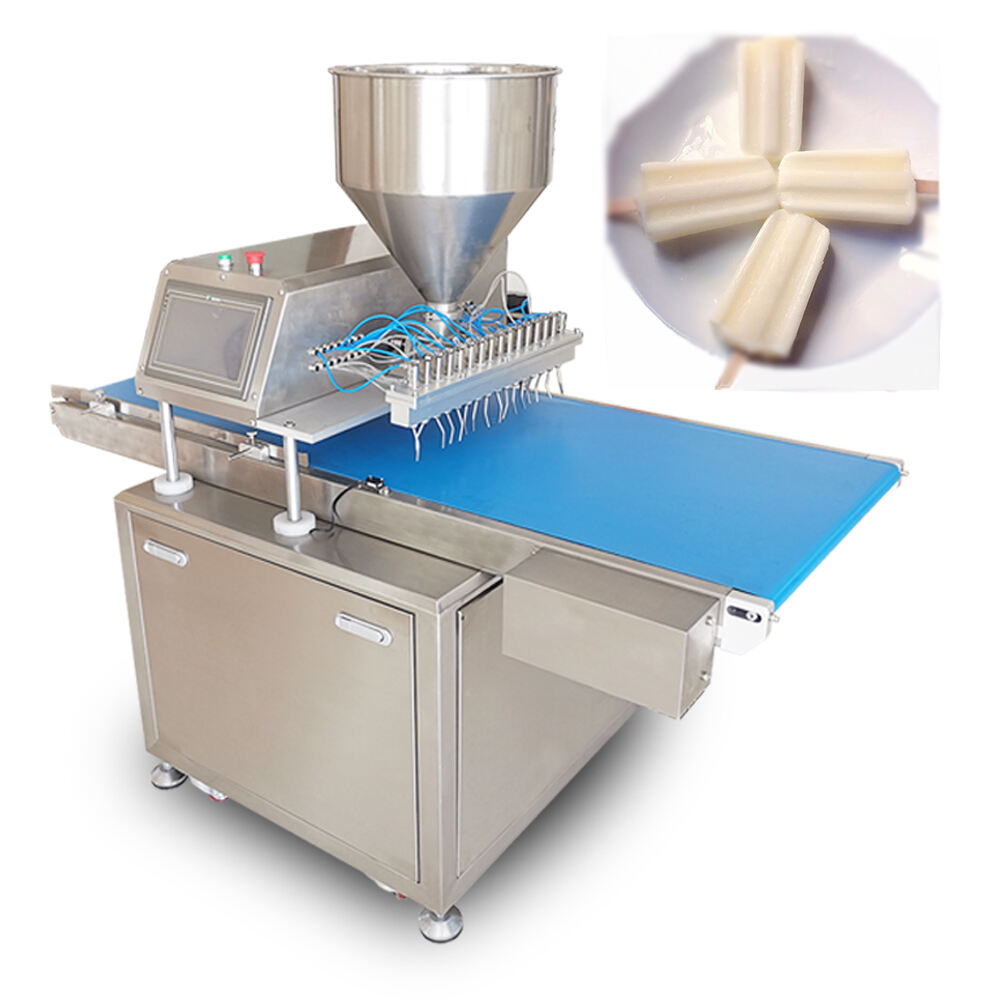bread maker maker
A bread maker maker represents a revolutionary advancement in kitchen appliance manufacturing technology, designed specifically for producing high-quality bread making machines. This sophisticated equipment combines precision engineering with automated manufacturing processes to create reliable, user-friendly bread makers for home and commercial use. The system incorporates state-of-the-art quality control measures, ensuring each bread maker meets strict performance standards. The manufacturing process includes advanced assembly lines equipped with robotic components, precision molding systems, and thorough testing stations. Each unit produced undergoes rigorous quality checks, from component assembly to final product testing. The bread maker maker utilizes smart manufacturing protocols that enable consistent production of bread makers with uniform heating elements, precise timing mechanisms, and durable kneading paddles. The manufacturing facility includes specialized areas for electronic component installation, motor assembly, and outer casing production. This integrated approach ensures that every bread maker produced maintains optimal functionality and reliability. The system also incorporates modern sustainability practices, utilizing energy-efficient manufacturing processes and environmentally friendly materials whenever possible.


